
SYMPHONY NO. 3 „EROICA“
Ludwig van Beethoven
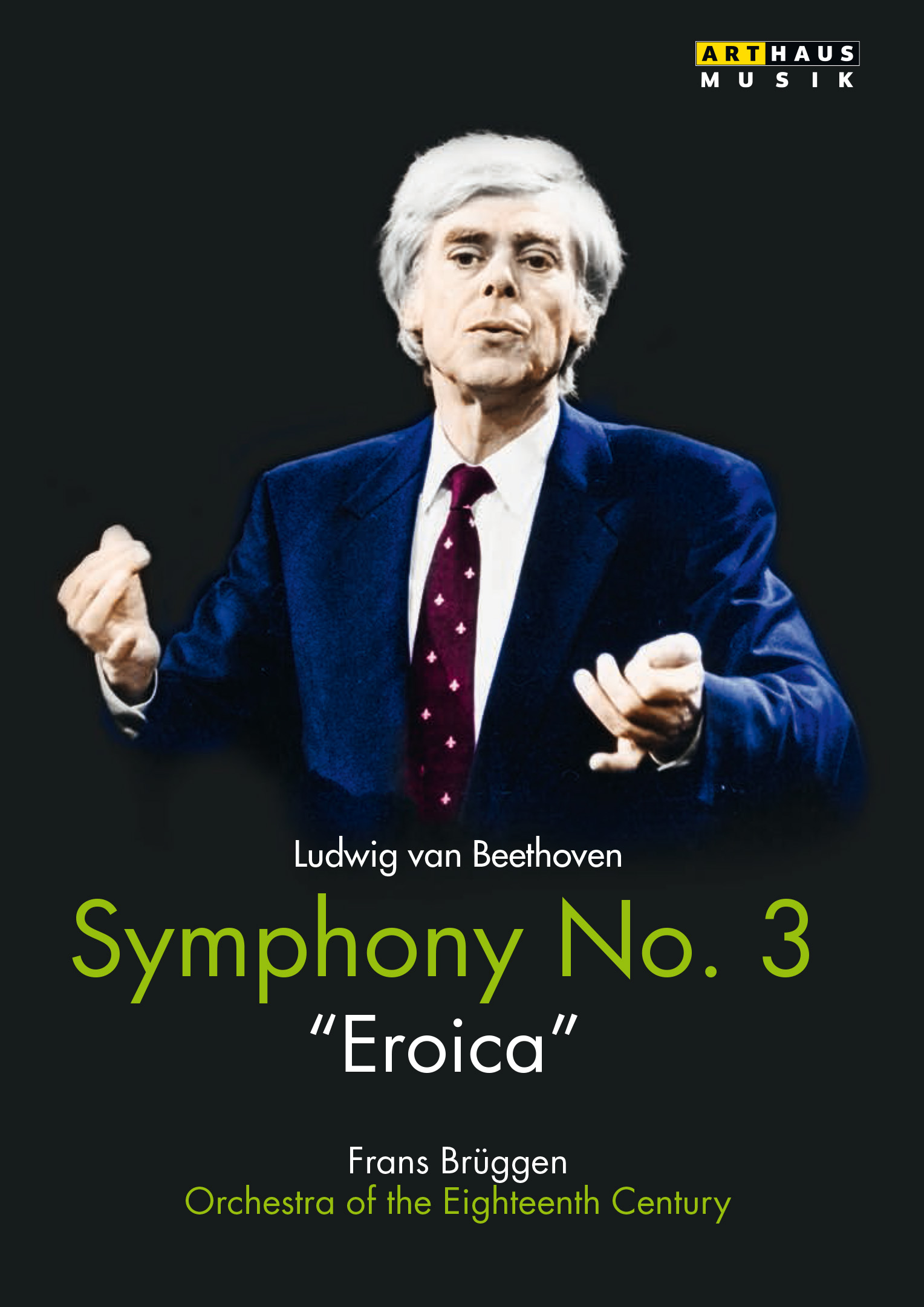


Ludwig van Beethoven
SYMPHONY NO. 3 „EROICA“
Concertgebouw, Amsterdam, 1987
Orchestra, Chorus:
Orchestra of the Eighteenth Century
Conductor:
Frans Brüggen
Location:
Concertgebouw, Amsterdam
Founded in 1981, the Orchestra of the Eighteenth Century consists of approximately fifty-five musicians from all over the world. The Dutch conductor and recorder player Frans Brüggen, who died in 2014, had based the structure of his orchestra upon the famous ‘luxury’ orchestras that flourished in Mannheim, Paris and Vienna in the eighteenth century. The orchestra is specialised in the music of that era and the musicians play on period instruments or copies of them. This spectacular rendition of Beethoven’s „Symphony No. 3“, live recorded at the Concertgebouw in Amsterdam, has won them international acclaim. Beethoven originally dedicated the „Eroica“ (1804) to Napoleon, who at the time was re-drawing the map of Europe as comprehensively as this epic symphony was to re-define the architecture of music. It was only belatedly that the composer realised that ‘heroes’ with absolute political power easily turn into tyrants and tore up the dedication.
Label:
Arthaus Musik
Genre:
Konzert
Running Time:
52
Picture Format:
4:3
Sound Format:
PCM Stereo
Number of Discs:
1
Region:
0
EAN:
0807280911794
UPC:
807280911794
Blu-ray:
109118
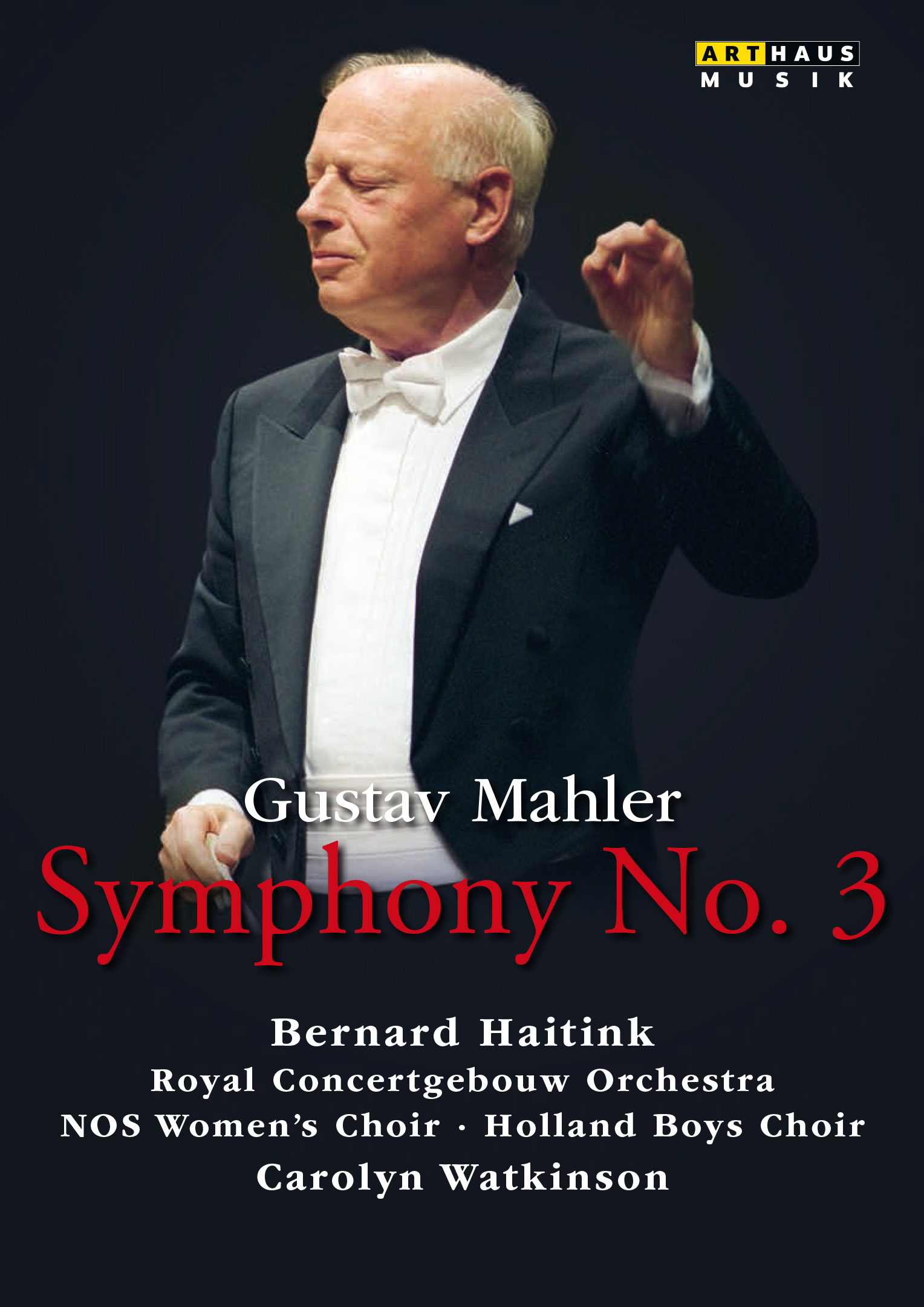
Gustav Mahler
Bernard Haitink is one of the most sought-after Mahler conductors of our day. In this concert of Mahler’s „Third Symphony“, recorded live from the Concertgebouw in Amsterdam, he conducts the Royal Concertgebouw Orchestra. The „Third“ is the longest symphony of the Austrian composer, with six movements in two parts, for alto,(...)
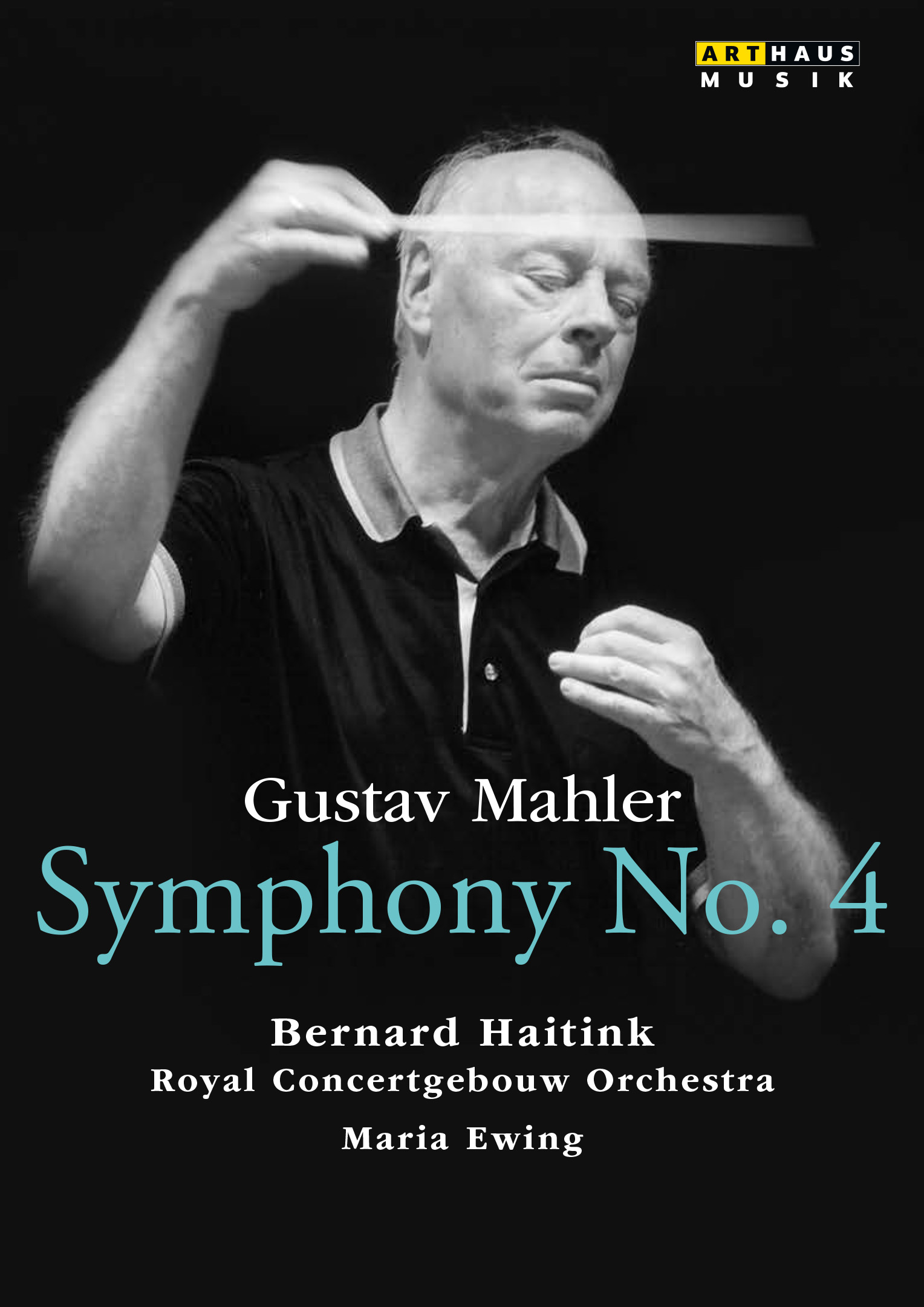
Gustav Mahler
Bernard Haitink is one of the most sought-after Mahler conductors of our day. In this concert of Mahler’s „Fourth Symphony“, recorded live from the Concertgebouw in Amsterdam, he conducts the Royal Concertgebouw Orchestra. The American Maria Ewing fascinates with her interpreation of the soprano solo featured in the work’s finale. Bernard(...)









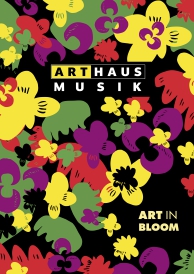 PDF Download (5,5 MB)
PDF Download (5,5 MB)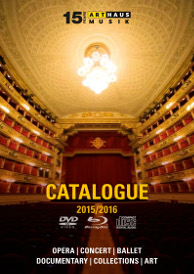 PDF Download (6,7 MB)
PDF Download (6,7 MB)